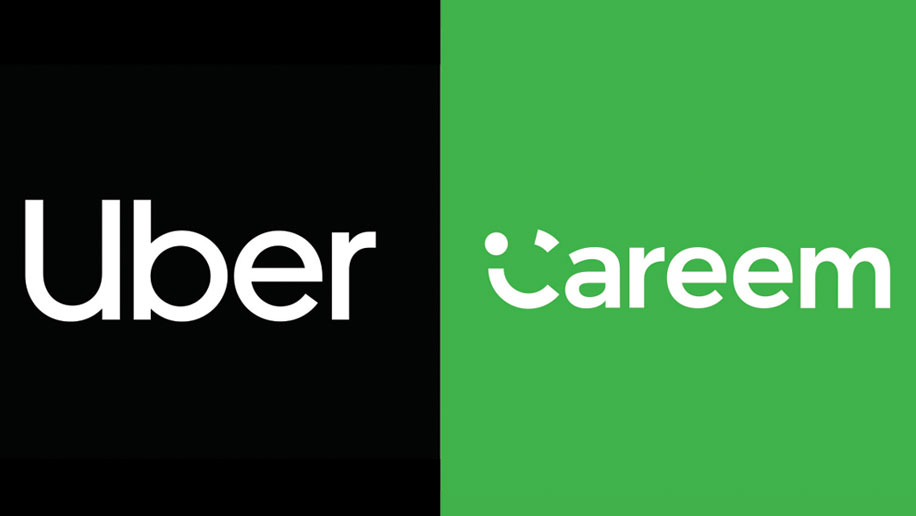Uber will buy its Middle Eastern rival Careem for $3.1 billion, the companies announced on Tuesday.
The US ride-hailing giant will acquire all of Careem’s mobility, delivery and payment operations across the greater Middle East region, though it will operate as an independent brand.
Dubai-based Careem was founded in 2012 and operates in 120 cities across 15 countries, with major markets in Egypt, Jordan, Pakistan, Saudi Arabia and the United Arab Emirates. The company had an estimated value of around $2 billion in 2018.
Current CEO and co-founder Mudassir Sheikha will continue to lead the business and report to a joint board, with three representatives from Uber and two from Careem.
“Joining forces with Uber will help us accelerate Careem’s purpose of simplifying and improving the lives of people, and building an awesome organisation that inspires,” Sheikha said in a press release.
The companies claim that the agreement is the largest-ever technology industry transaction in the greater Middle East region. Representatives from the two businesses both agreed that operating as independent structures would be the best thing for the brands moving forward.
“After careful consideration, we decided this framework has the advantage of letting us build new products and try new ideas across not one, but two strong brands, with strong operators in each,” Uber CEO Dara Khosrowshahi said in a company email on Tuesday.
Khosrowshahi also wrote in an email to employees that until the deal goes through “nothing changes,” and “very little will change in either team’s operations post-close.”
The transaction is pending regulatory approval in various countries and is expected to close in the first quarter of 2020.
The agreement comes on the heels of a much-anticipated announcement that Uber will go public later this year.
Uber has ventured into international markets before with mixed results. The company pulled out of the Chinese and South Asian markets after competition with local giants, such as Singapore’s Grab, made it too costly for it to operate there.
Sarah Hallam


